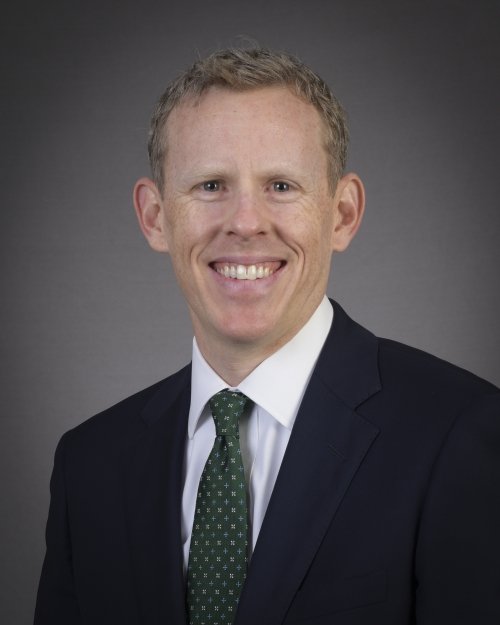Logics of War in the Age of Reform and Opening Up
In the late 1970s, two events pulled Chinese foreign relations in different directions. In December 1978, the Chinese Communist Party (CCP) launched a host of reforms designed to spur economic growth and jumpstart China’s modernization. Central to this strategy, known today as Reform and Opening, was the belief that China must cultivate peaceful, cooperative relationships with other nations. Peaceful ties would unlock the foreign capital, technology, and expertise China needed to grow the economy, improve living standards, and accelerate China’s modernization. Yet two months later, in February 1979, China lashed out at Vietnam in a brief, bloody war. China’s attack on its neighbor demonstrated to the world a willingness among post-Mao leaders to use military force to resolve international disputes. This decision to pursue cooperation and conflict in tandem suggests a tension at the heart of China’s post-Mao foreign policy agenda: a commitment to fostering peace alongside a willingness to use force to achieve policy aims.
This project pursues a deeper understanding of post-Mao Chinese foreign policy by exploring this tension. Specifically, it investigates three interrelated questions. First, how did CCP leaders, civilian officials, and military planners in China situate the nation’s use of military force in Vietnam, and more generally, within the logic of Reform and Opening during the 1970s and 1980s? Second, how did people and institutions outside China influence the way Chinese leaders analyzed the relationship between military force and Reform and Opening? Third, what were the legacies of these shifts in CCP thinking about the utility of military force in the context of an outward-oriented economic development agenda? Given China’s rapid military modernization and the CCP’s ongoing commitment to global trade, answers to these questions stand to provide vital context for US policymakers today.

Jason Kelly
Jason M. Kelly is a historian of modern China with interests in Chinese foreign relations during the twentieth and twenty-first centuries, U.S.-China relations, commerce and diplomacy, and East Asian international history. He is currently a senior lecturer (equivalent to associate professor) in the Department of Politics and International Relations at Cardiff University. Before joining Cardiff University in 2022, Dr. Kelly was an assistant professor in the Strategy & Policy Department at the U.S. Naval War College. He was also previously an Ernest May Fellow in History and Policy at the Harvard Kennedy School. Prior to becoming a historian, he was a foreign service officer and worked in Washington and at the U.S. Embassy in Beijing. His first book, Market Maoists: The Communist Origins of China’s Capitalist Ascent, was published by Harvard University Press in 2021.
Dr. Kelly has earned a Ph.D. in History from Cornell University, an M.A. in International Relations from Yale University, and a B.A. in Economics from Dartmouth College. He has studied Chinese (Mandarin) at Beijing Normal University (through Princeton in Beijing), Yale University, and the Inter-University Program for Chinese Language Studies (IUP) at Tsinghua University.